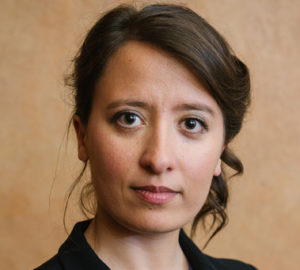
Montserrat Gas-Aixendri is a full professor of law and religion at Universitat Internacional de Catalunya (Barcelona, Spain).
The commitment of Agenda 2030 for Sustainable Development to “leave no one behind” includes a promise to end discrimination. The road toward effective equality between women and men is not yet complete, and there remain many forms of discrimination that can and must be stamped out. Progress calls for the contributions of all social agents, including religious organizations. Nevertheless, freedom of religion or belief and gender equality sometimes seem to be rights standing in opposition to each other in an artificial antagonism. For some, religious freedom is viewed as an inherent obstacle to the achievement of equality, whereas for others, gender equality is regarded as a threat to the protection of religious values and practices. The resulting tensions are particularly plain to see in the region of the Organization for Security and Cooperation in Europe (OSCE), where several cultures are present and the landscape contains a wide range of cultural and religious diversity.
(more…)


